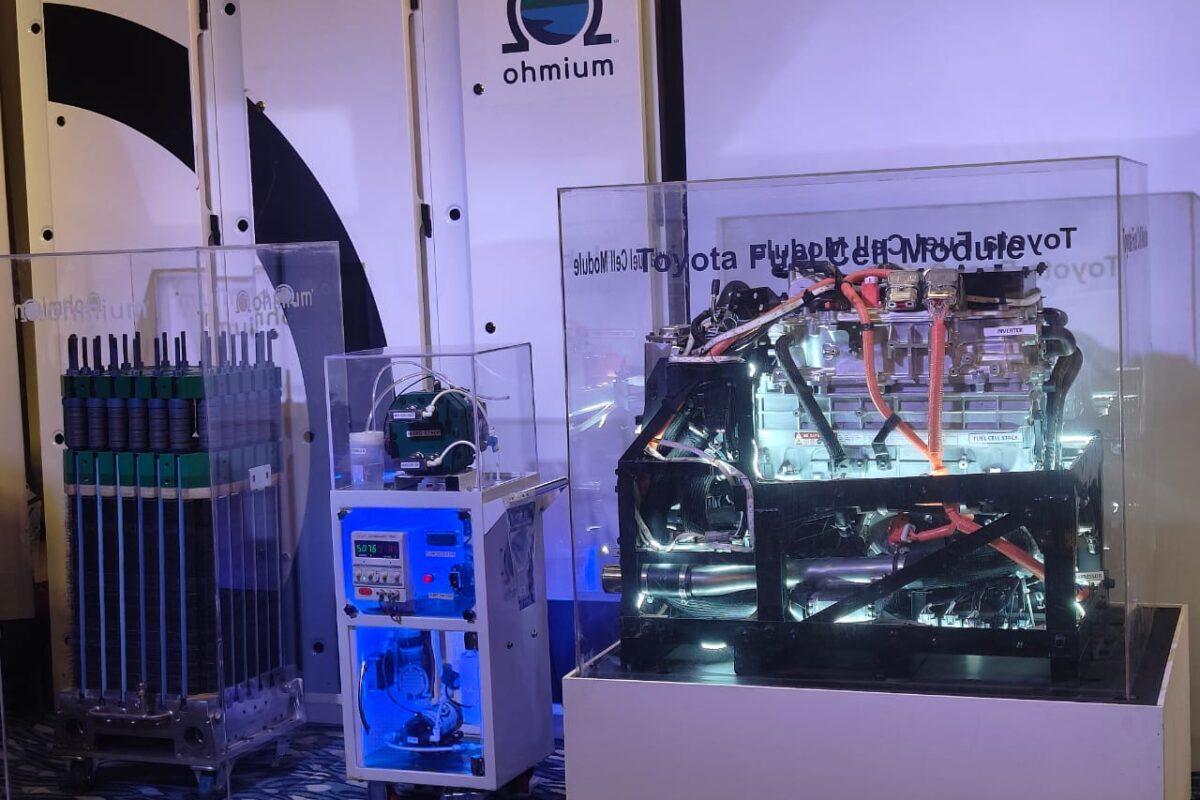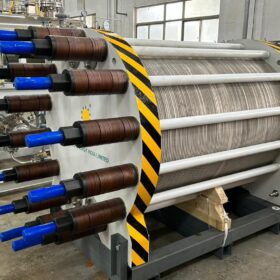Scooter and motorbike manufacturers have been given just two weeks to produce a blueprint for electric vehicle adaptation.
Major businesses Bajaj Auto, Hero MotoCorp and TVS have pushed back against proposals from central government to ban non-electric sales of two-wheeled vehicles with an engine capacity of more than 150cc from 2025 onwards.
Manufacturers argued the lack of an established supply chain, charging infrastructure or skilled labor would mean such a sudden transition would further disrupt a market already suffering its worst slump for two decades.
Officials from central government policy thinktank the National Institution for Transforming India (NITI) Aayog met executives from the three manufacturing giants and have given them a fortnight to come up with an alternative plan.
A big market
India is one of the world’s largest two-wheeler markets, with sales of more than 20 million scooters and motorbikes last year. To combat air pollution, reduce India’s dependence on oil imports and generate employment, the government wants a shift to EV production.
Elsewhere, the Ministry of Road Transport and Highways has proposed ending fees for the registration or renewal of certificates for battery operated vehicles.
“In order to give a boost to battery-operated or electric vehicles in the country, the Ministry of Road Transport and Highways has initiated steps for providing for differential registration fees under the Central Motor Vehicles Rules 1989,” the ministry said in a statement.
Last month, NITI Aayog recommended ride hailing firms replace all diesel and petrol vehicles with EVs by 2030. The cabinet proposal included the replacement of all diesel and petrol vehicles belonging to central ministries, agencies and public sector bodies and a pilot program of e-highways fitted with overhead electricity networks to enable trucks and buses to operate as electric vehicles on national highways.
This content is protected by copyright and may not be reused. If you want to cooperate with us and would like to reuse some of our content, please contact: editors@pv-magazine.com.








By submitting this form you agree to pv magazine using your data for the purposes of publishing your comment.
Your personal data will only be disclosed or otherwise transmitted to third parties for the purposes of spam filtering or if this is necessary for technical maintenance of the website. Any other transfer to third parties will not take place unless this is justified on the basis of applicable data protection regulations or if pv magazine is legally obliged to do so.
You may revoke this consent at any time with effect for the future, in which case your personal data will be deleted immediately. Otherwise, your data will be deleted if pv magazine has processed your request or the purpose of data storage is fulfilled.
Further information on data privacy can be found in our Data Protection Policy.